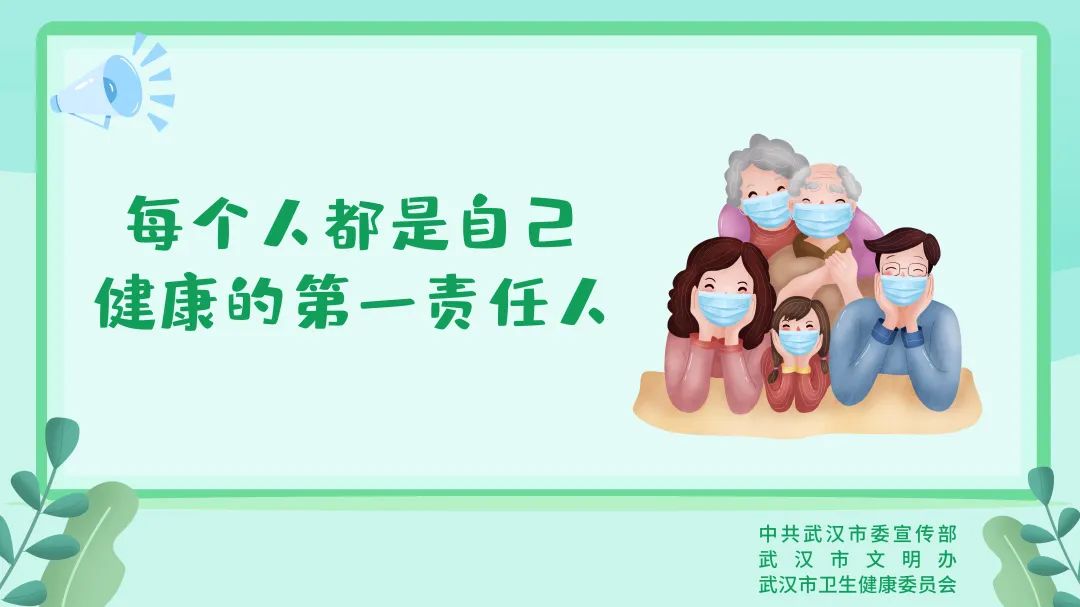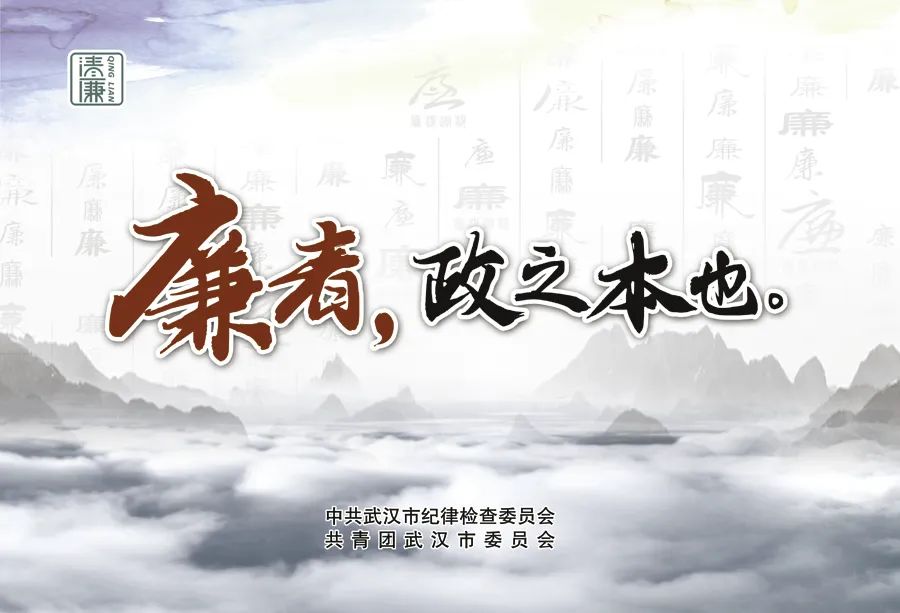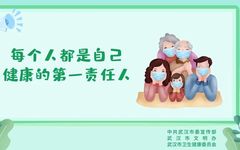When it comes to traditional Chinese medicine (TCM) adjustments, most people first think of “decoctions”. Indeed, TCM decoctions are the most common method for treatment and adjustment, but with the progress and development of society, medicinal pastes (gāo fāng) have gradually become well-known.
As the saying goes, “Taking medicinal pastes in winter ensures a smooth year ahead; taking medicinal pastes wisely in winter leads to a prosperous spring.” The autumn and winter seasons are indeed the best times to address “historical issues” through medicinal pastes.
Nowadays, with increasingly spicy diets, more social engagements, greater work pressure, and frequent late nights leading to fatigue, using medicinal pastes for gentle supplementation can achieve a “silent adjustment” effect.
So, what exactly are the differences between TCM decoctions and medicinal pastes? Let’s explore!
In a broad sense, medicinal pastes refer to both internal medicinal pastes and external plasters. Modern medicinal pastes generally refer to internal medicinal pastes.
Medicinal pastes have supportive roles in nutrition, treatment, and prevention. With thousands of years of heritage, they are a treasure of Chinese medicine.
Medicinal pastes are made from food and medicinal materials, boiled with water, filtered to remove residue, and then concentrated with other auxiliary agents to form a paste-like dosage form, evolving from decoctions for internal use.
Internal medicinal pastes are derived from decoctions (infusions), and any effective decoction can be made into a paste for consumption.
Compared to other commonly used medications: they are thicker than decoctions, remaining in the body longer without being immediately excreted through urine, thus providing more lasting effects; they are more potent than tablets, as tablets are condensed from powders, making active ingredients less likely to disperse and unevenly absorbed; whereas medicinal pastes contain active ingredients directly within the paste itself, dissolving upon entry, nourishing the body wherever they reach, and penetrating the interstitial spaces for better absorption and efficacy.
Therefore, the high concentration, stable efficacy, easy absorption, small volume, convenience of use, and portability of medicinal pastes are increasingly favored by the public.
01
Different
Effects
Medicinal pastes are generally not used for acute illnesses and critical conditions.
“
The effects of medicinal pastes are mild, slow to take effect, and long-lasting, referred to in TCM as “缓图” (huǎn tú).
Compared to TCM decoctions, they resemble a large biological system, interlinked, allowing potentially biased medications to be milder and less harmful, making the efficacy more aligned with individual constitution, and providing a more comprehensive and in-depth adjustment to the body.
Typically, acute patients often prioritize decoctions for treatment, while medicinal pastes have better advantages in treating chronic diseases, adjusting deficiencies, sub-health conditions, and health maintenance.
02
Different
Palatability
Medicinal pastes have a sweet and moist taste, making them easy to consume.
“
Decoctions require a larger volume of liquid, and their taste can be less than pleasant; depending on the herbal components, some can even be extremely bitter, making them hard to accept, especially for children.
Compared to TCM decoctions, medicinal pastes are sweet and moist, making them easy to consume. This is because a certain amount of auxiliary materials, such as maltose, is added during the preparation process, enhancing the taste while also benefiting the spleen and alleviating urgency.
For patients needing long-term adjustments and for children, they are a good choice, increasing medication adherence.
03
Different
Personalization
Medicinal pastes emphasize individualized prescriptions and can be adjusted in a timely manner.
“
Medicinal pastes focus on individualized prescriptions based on personal constitution and symptoms, allowing for personalized selection of medicinal materials and formulation of pastes, which can be adjusted according to consumption, providing stronger targeting and better adjustment effects. TCM decoctions, on the other hand, consist of fixed formulas that cannot be adjusted for individual differences.
04
Different
Preparation
Medicinal pastes do not require daily boiling.
“
The process of preparing medicinal pastes is very complicated, usually requiring over a week for processing, thus incurring corresponding preparation costs. Once a medicinal paste is prepared, it can be taken consistently over a period, saving time and effort.
Decoctions are made by boiling TCM herbs with water, and some herbs require pre-boiling, post-adding, or bag boiling, with boiling times varying based on efficacy. Some powders also need to be swallowed, requiring moderate temperatures during consumption, which can be relatively cumbersome; if not opting for pre-boiling, one must spend time boiling.
In addition to TCM herbs, medicinal pastes can also include certain gels (e.g., Ejiao, tortoise shell glue, deer antler glue, etc.), fine materials, sugars, and alcohol as auxiliary agents based on different syndromes.
Moreover, during processing, precious medicinal materials are processed individually, using traditional and authentic extraction and handling methods, resulting in higher drug concentration and easier absorption compared to tablets and pills.
TCM decoction formulas are generally made from TCM herbs, requiring only the addition of an appropriate amount of water for boiling, and typically do not require additional auxiliary materials.
05
Different
Administration Methods
Medicinal pastes can be taken directly without heating.
“
TCM is presented in forms such as decoctions, compound granules, and oral liquids. Medicinal pastes, however, are thick and sticky substances stored in jars, commonly referred to as “gāo zī yào”, which can be taken directly or mixed with water. Additionally, there are external plasters.
Medicinal pastes are concentrated and small in volume, allowing for long-term storage. They are convenient to take, can be eaten directly without heating, and have a pleasant taste. Many medicinal pastes also contain herbs that benefit the spleen and stomach, reducing the risk of stomach irritation. Medicinal pastes are easier to carry, making them convenient for travel without disrupting consumption. In contrast, TCM decoctions require patients to boil them daily, which can be cumbersome.
06
Different
Prices
The price of a medicinal paste is higher than that of decoctions.
“
Traditional personalized medicinal pastes typically provide a two-month supply, while TCM decoctions are taken as needed, leading to price differences.
Due to the varying duration of use, a TCM prescription is certainly more affordable than a medicinal paste. Moreover, because medicinal paste prescriptions are larger and contain more medicinal materials, often including some precious herbs as auxiliary agents, the price of a medicinal paste is naturally higher than that of herbal slices.
Overall, each person’s choice of prescription and medication is different, and both medicinal pastes and decoctions have their own characteristics and advantages, so the price cannot be generalized.
Related Review:
Can medicinal pastes be “sought in the same style”? Experts from the Cai Dian District Traditional Chinese Medicine Hospital: Nine common misconceptions about medicinal pastes you must know!
The “medicinal paste” model is initiated; experts from the Cai Dian District Traditional Chinese Medicine Hospital share insights on medicinal paste health maintenance!
The above text is a comprehensive summary from the internet, intended for health education purposes. If there is any infringement, please contact us for immediate removal.


2022

Scan the QR code | Follow us
Medical guidance phone:
027-84943945
Be your personal TCM health consultant
Address: 516 Xinfu Road, Cai Dian Street, Cai Dian District, Wuhan City

